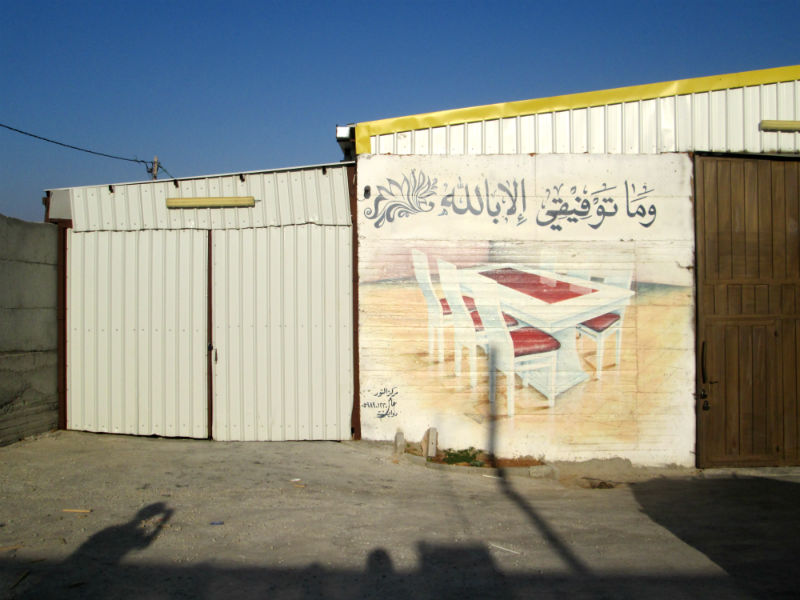Tag: International Women’s Peace Service
-
Army to Duma: “Stop building!” Duma to army: “We’ve built already”
24th June, 2013 | International Women’s Peace Service & International Solidarity Movement, Team Nablus | Duma, Occupied Palestine On Thursday 20th June, Israeli soldiers and border police handed out “stop building” orders to 11 buildings in the village of Duma, southeast of Nablus. The papers state that owners of the targeted buildings, which include family…
-
Army violently represses Kafr Qaddum demonstration
21th June 2013 | International Women’s Peace Service | Kafr Qaddum , Occupied Palestine On Friday, June 21, the residents of Kafr Qaddum gathered for the weekly demonstration following the Friday prayer. Many residents were prevented from attending the prayer, as 60 soldiers entered the village before the demonstration even began. At approximately 11:30, people…
-
Violent repression continues by the Israeli Army against protesters in Kufr Qaddum
31th May 2013 | International Women’s Peace Service | Kufr Qaddum, Occupied Palestine UPDATE 1st June: Last night, two Israeli military jeeps invaded Kufr Qaddum. Soldiers threw stun grenades and stuck several posters with photos of four children around the village. The posters read: “We are the army. Be careful. If we see you, we…

